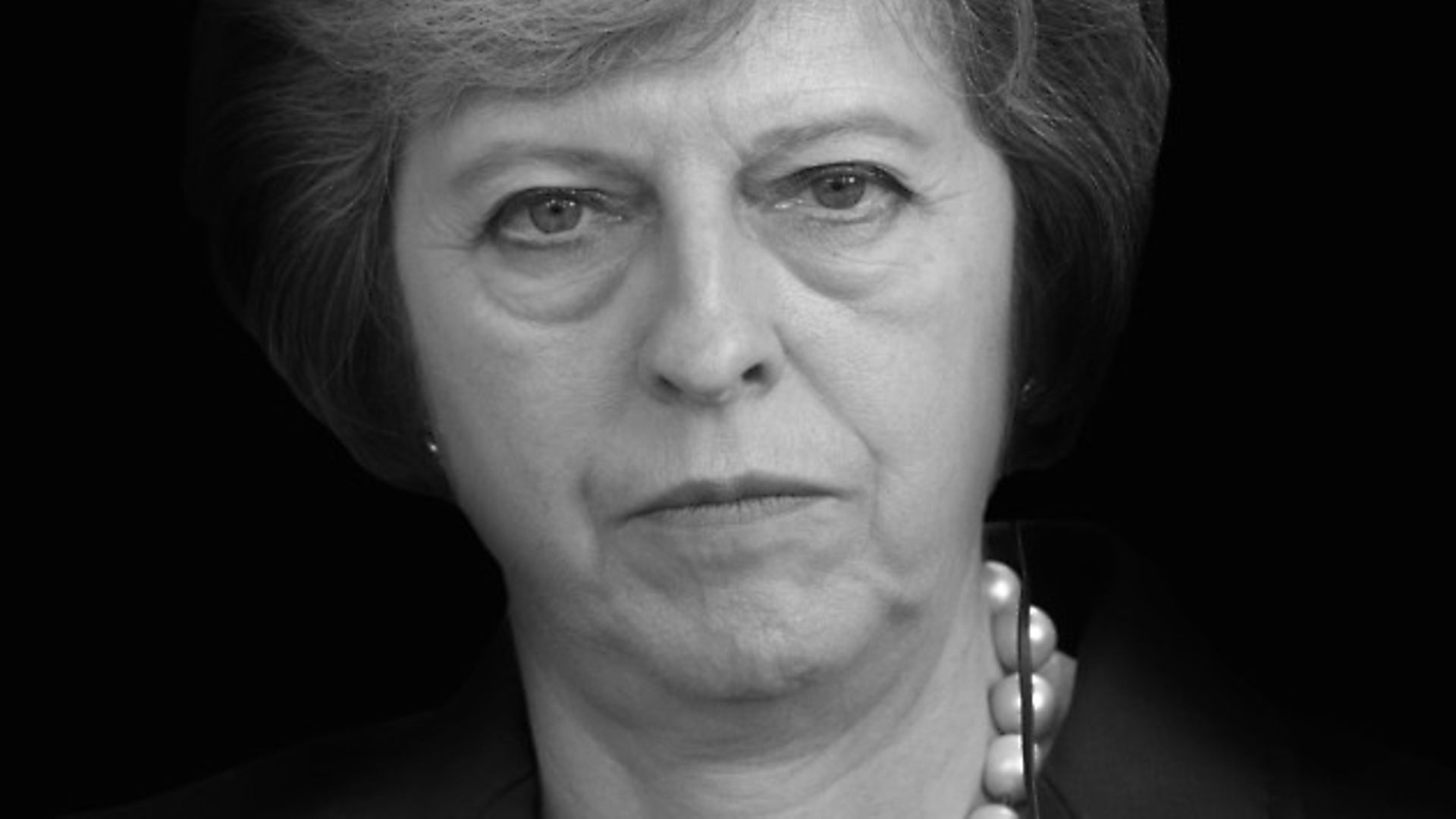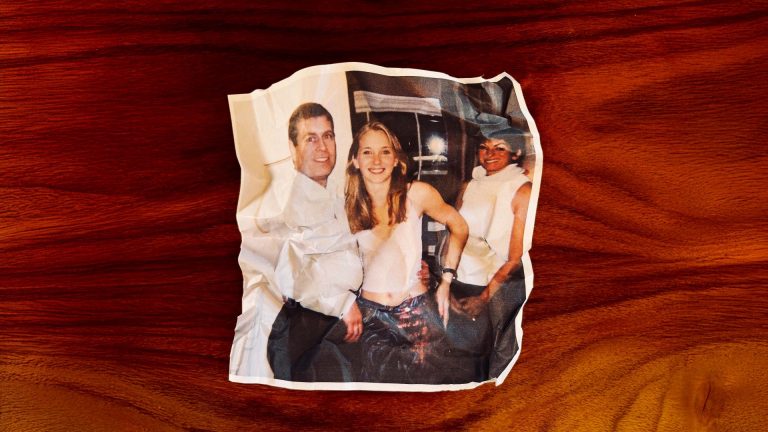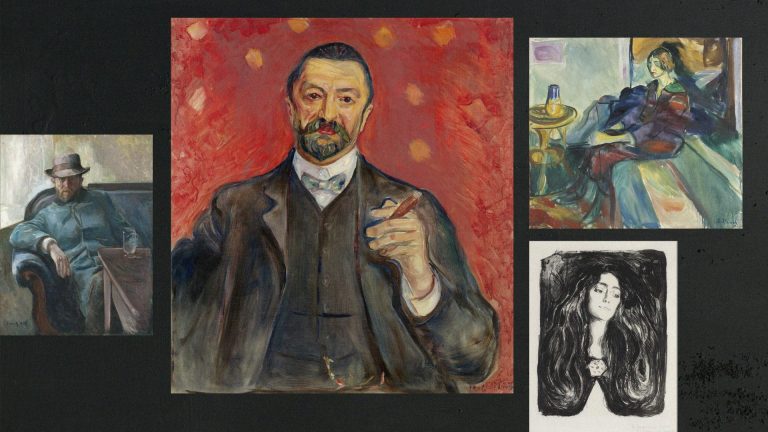
Louise Trethowan complained about Brexit to her local MP – Theresa May – and received an invitation to discuss the policy. But the subsequent encounter did not go quite as she expected
When I was granted my 15 minute meeting with my constituency MP – who also happens to be the Prime Minister – I doubt it raised any alarms at Tory HQ.
I am a middle-aged family woman and lifetime Conservative voter – I have no history of political activism or agitation. Although after our meeting, I suspect I may find myself on some kind of blacklist. What is for certain is that I will not be voting for Theresa May ever again.
Things all started when I sent an initial email to her constituency office, expressing my concerns about Brexit. I received a reply from her which said: ‘We’re going to bang the drum for Britain!’
Yes, it really did say that. I wrote back to say that I considered this a somewhat unsatisfactory response. It was then that she invited me to meet her at her constituency surgery for a quarter of an hour, face-to-face meeting, during her constituency surgery. This is where it all kicked off.
But first, let me tell you why I am so worried about Brexit.
I work in social care but I also own a small bistro on the south coast. The success of my business relies on people having a little bit of extra money to spend on a night out – I fear that Brexit will spark a recession. And it will be completely of our own doing.
I also think it is very sad that our children and the generations to follow them will not have the freedom to live and work inside the EU. I moved to Britain 18 years ago from Australia and it was so cosmopolitan and progressive. Now I fear it is becoming insular.
Mostly though it is the feeling of xenophobia that hangs over Brexit and I think people – especially the Prime Minister – need to do more to tackle that.
Before our meeting, I did my research and gathered as much evidence as I could. After all, I was to have 15 minutes with the most powerful woman in Britain. For me, it was an excellent opportunity to put all my fears – and the concerns of the 48% – to the woman who will lead us towards the Brexit cliff edge. I expected a strong debate. I thought I might get some answers, some clues as to what might happen next. I didn’t think she would be able to make me change my mind – as you can tell, I am pretty passionate on this subject. But I did expect her to try, and I did expect her to present some strong arguments that would counter my own.
I was shown into a room at her Maidenhead constituency office where she was already seated behind a small table. She did not smile or say ‘hello’ – it felt like she was holding court. We did not even shake hands and the whole thing was a bit awkward.
I thanked her for seeing me and then asked if she had seen my email or whether she would like me to make my points again. She said she would like to hear what I had to say.
To make a point about how narrow the referendum question was I produced a copy of the ballot paper. ‘Where on here does it say we were voting to reduce the number of EU citizens in the UK?’ I asked.
‘Well it doesn’t,’ she replied. ‘But the government has reports that the level of immigration is a concern.’ I asked for proof which she couldn’t provide.
I swiftly moved on producing an info-graphic showing that EU workers added more to the economy than they cost. She didn’t like this and I could feel her start to get agitated. The mood changed quite quickly – there was an added aggression.
She emphasised, not just strongly but crossly, that ‘the British people have voted for Brexit and the government is committed to making it happen’. Then she started pointing at my face across the narrow desk.
I moved backwards slightly and to be honest, I was shocked. I had set out to tackle the Prime Minister but I hadn’t expected she would lose her temper and jab her finger at me.
Although taken aback I calmly asked her to stop pointing at my face because I considered it rude. I didn’t feel threatened. I was just astonished that she got so rattled, so quickly. She was very defensive.
She then told me ‘people point at me all the time,’ which is hardly an excuse. I asked her again to stop and after that she put her hands beneath the desk – maybe to stop her from pointing again.
I was determined to carry on asking my questions and pressing her for answers so I showed her a pie chart with voting numbers showing that only 37% of the electorate voted for Brexit, which was not the majority of British people. She didn’t really have an answer for that in my opinion. She simply began to spout agreed media soundbites which say very little.
At one point I said ‘you’re not listening to me’ and she replied: ‘I am listening, but I am just not saying what you want to hear.’ It wasn’t long before she was looking over my shoulder and hoping for the next person I think.
We did then speak about my personal concerns around the vote to leave the EU. I emphasised my concerns about the increased costs of food and wine for my bistro following the fall in the value of the pound. She started talking about exports, but I replied that I couldn’t export our steak and frites. I needed assurances from the Prime Minister, ‘we will ensure a strong economy’ was all she could say.
She did offer me some more spin though: ‘We’re going to get the best deal.’ I replied: ‘That’s a hope, not an action.’
I gave the analogy that the Brexit ‘best deal’ rhetoric was like me saying I want the ‘best holiday’ without knowing where I was going, how much it would cost, how I’d get there or where I’d stay. Guess what? She replied that the government would not give details of their negotiations.
I reminded her that Donald Tusk, President of the EU Council, said there would be either ‘hard Brexit or no Brexit’ and I was inclined to agree. Mrs May’s response: ‘I am sure I have more experience in negotiating in Europe than you do!’ Mine: ‘I don’t think arrogance is helpful.’
By this point I knew we’d probably never be friends. I asked her that given Maidenhead had voted overwhelmingly for Remain, would she vote against Brexit should she lose in the Supreme Court case? She replied that she was a representative and not a ‘delegate’ and was not obliged to be the voice of her constituents.
I told her the people of Maidenhead may find this interesting in the next election. She said anyone who didn’t understand this didn’t understand the role of an MP. I said I thought there were many who didn’t understand this.
Time was up. I finished by telling her there was a huge groundswell of opposition to Brexit. But I don’t think she’s listening.
The meeting did not leave me feeling any better about the process – in fact I am far more concerned now. If the Prime Minister is so easily angered how on earth is she going to be the best negotiator for Brexit? I fear she will lose her temper and start jabbing her finger at people.
She seemed petulant, defensive, tired and rattled.
One positive to come out of it all, though, has been the reaction to it. I first wrote a shorter account of my meeting on the Right2Remain website where it caused a bit of a storm. Since appearing there, it has been seen by more than 175,000 people, shared thousands of times and liked or retweeted thousands more.
Alastair Campbell, former spin doctor to Tony Blair, wrote on Twitter: ‘This is absolutely brilliant. If only our MPs could do as good a job as this at taking on the non Brexit strategy.’ And, later: ‘There is a month of PMQs in here’.
Of course, there has been some criticism. Some say that MPs’ surgeries should be for constituency matters, not politics. But I would argue that there is no greater issue threatening our constituency – and every other. Mrs May’s former colleague, the ex-Tory MP Louise Mensch got involved, writing an online article in support of the Prime Minister and attacking me – or ‘Random Australian punter’, as I was called. Ms Mensch dissected every line of my piece and added her own rebukes.
But I think she missed the point. It is the Prime Minister whose views need dissecting, not mine. That is what my encounter was all about: finding out what she has to say about Brexit. I was able to put questions to her in a way that no journalist or opposition politicians have managed to do.
What is so frustrating is that she has so little to say in response.
This story orignally appeared on Reasons2Remain. Follow them on Facebook here.






